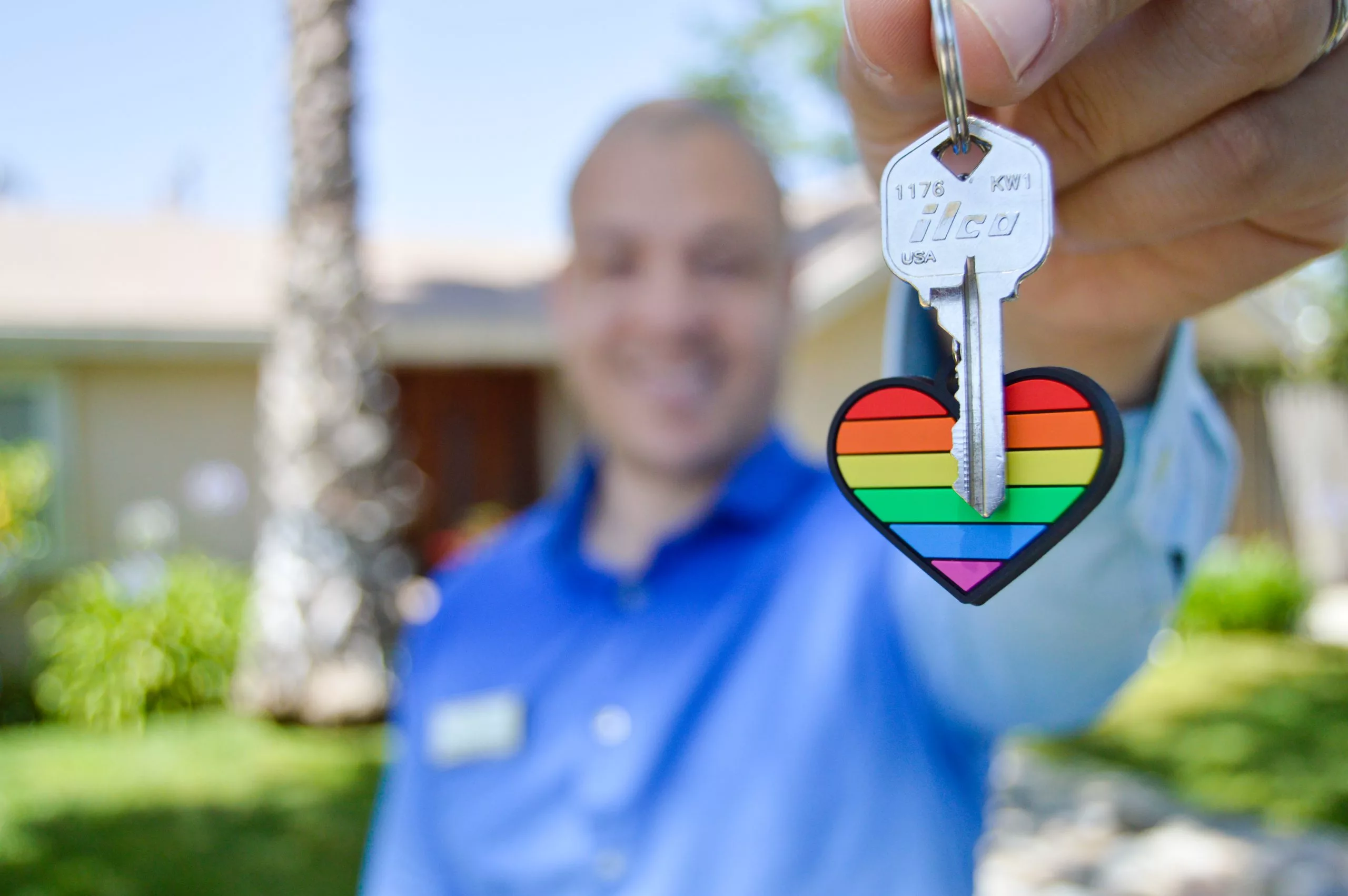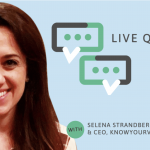Let’s call her Sally. She faces a situation that is more and more common in our country every single day.
Sally lost her job and her private insurance along with it. She needed to see her physician, but her doctor of four years would no longer treat her on a state-issued medical card. Complicating things, Sally is diabetic and needs both ongoing medical care and wellness counseling. Her situation is not at all unusual in at-risk communities where patients like Sally can find themselves vulnerable to infections and secondary conditions that worsen without proper care. What to do?
In Sally’s case, there was an answer. It came in the form of the Chicago-based PrimeCare Health, a federally qualified health center (FQHC). She now takes advantage of their basic medical care, behavioral health, and nutritional counseling. Best of all, she is thriving and no longer fearful of being able to get medical care when she needs it.
Sally’s story is proof of a simple but profound reality — keeping people healthy is a collaborative effort. That’s not only true for individual patients, but for the caregivers themselves. Just like Sally, PrimeCare was in need of ongoing support. Like any not-for-profit, the organization could always use more funds to expand their reach and help the most people. The network of eight community-based clinics, which started 27 years ago, serves vulnerable communities, providing access to healthcare regardless of race, ethnicity, disability, immigration status, sexual orientation, or their ability to pay.
PrimeCare wanted to open a clinic in Chicago’s Belmont Cragin neighborhood. The community has over 80,000 residents, prevalent gang violence, and limited access to healthcare. According to Robin McGinnis, CEO of PrimeCare, “pregnant women without insurance had no place to get prenatal care, and dental care was not in the picture. We knew Belmont Cragin needed us and we needed a partner who could negotiate on our behalf to represent us throughout the entire process.”
Enter MAP Real Estate
A brokerage and consulting firm with a unique charitable mission, MAP Real Estate Inc., represented PrimeCare, which resulted PrimeCare’s sparkling new full-service medical center and served as the impetus behind MAP Real Estate’s launch of Investing In Communities (IIC) as an outreach. At the core of the program was a written pledge to their clients: that clients would receive 10 percent of the commission that MAP would be paid by the building in which PrimeCare signed a lease. MAP asked clients to give that money to their preferred charity.
Since starting IIC in 1995, co-founders (and spouses) Michael Pink and Sharon Porter have given over $500,000 of their commissions to a wide range of charities. Other organizations that have benefitted include The Sargent Shriver National Center on Poverty Law, PAWS, Waters Elementary School, The Young Center for Immigrant Children’s Rights, and Domestic Violence Legal Clinic, to name a few.
The inspiration behind IIC
MAP Real Estate, which began in 1986, provides real estate brokerage and consulting services to clients in the Chicago metropolitan area. MAP has exclusively represented hundreds of tax-exempt and taxable clients in nearly 900 office lease transactions. After nine years in business, Pink and Porter decided it was time to do things differently. “We wanted each action that we took to benefit ourselves to also generate good for the world. We think of it as ‘doing business doing good.’ So, we started IIC as an extension of MAP.“
Since 2010, IIC has been a separate nonprofit social enterprise enabling any consumer’s brokered real estate transaction to provide free funding to their favorite charity. The transaction and the charity can be located anywhere in the US, and consumers can choose virtually any broker, even one they already know. IIC is free for individuals and companies and the charities they support. Instead of relying on a few charitable brokers, IIC works because of fierce competition among all brokers.
A conversation with Michael Pink
What problem were you trying to solve?
“This project was a particularly challenging assignment for MAP,” says Pink. “As PrimeCare’s broker, we determined that no existing alternative in the Belmont Cragin community, the part of the city in which this project had to be located, would satisfy our client’s agenda. That’s when we advised our client that a developer could help us create alternatives. So, we invited the development company, Baum Revision, to join the project team.”
Together, they delivered the perfect solution. And, even before moving into its gleaming new family health clinic, PrimeCare was able to exercise its option to buy the whole building, as a result of New Markets Tax Credit funding.
“The building is two stories with 8,000 square feet on each floor and ample parking for patients right in front. The new facility has plenty of room for all the services that PrimeCare Health hoped to provide. The state-of-the-art facility offers everything from general family medicine, to prenatal and dental, behavioral health, and telepsychiatry. This is the only full-service health clinic in the community. For expectant mothers, the clinic has a relationship with Amita St. Mary/Elizabeth Centers where PrimeCare patients can give birth. This is as sophisticated as any best-in-class provider. It’s a marvelous new facility, and I am proud to have been involved.”
How does the $30,000 donation from IIC work?
“IIC distributions are unrestricted.” says Pink. “In the charity world, a nonprofit may have plenty of money in the bank restricted to a specific charitable use. In other words, if the charity provides blankets, the money has to go to blankets. Unrestricted money can pay the rent or electricity bill, or just fill in gaps where the charity needs it. For us, it’s about staying true to the IIC vision — to make every real estate transaction a deal that makes a difference.”





